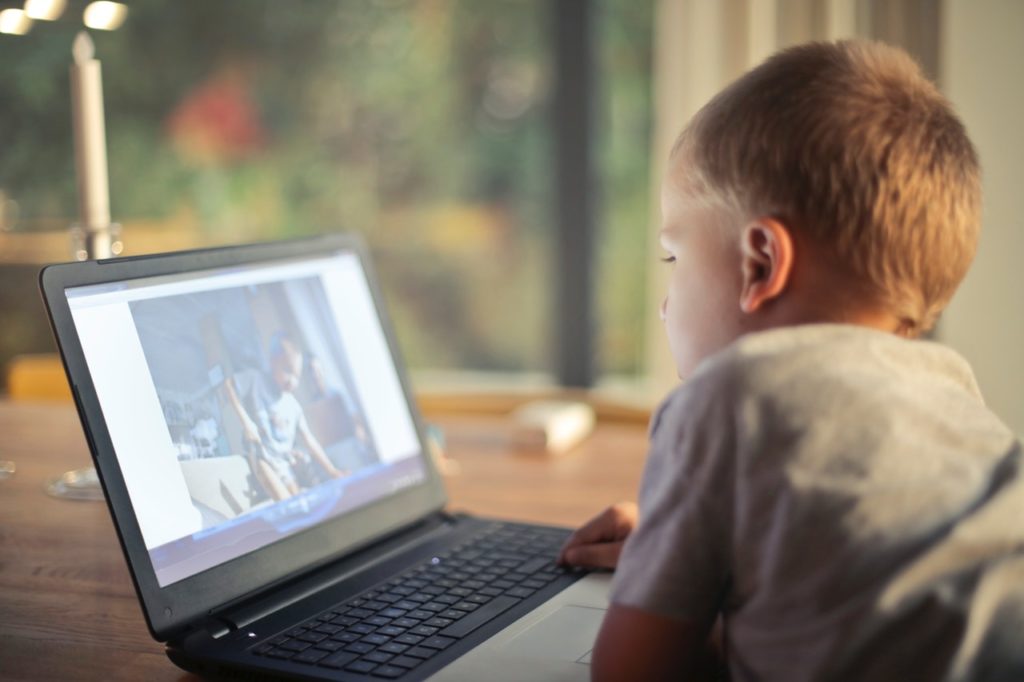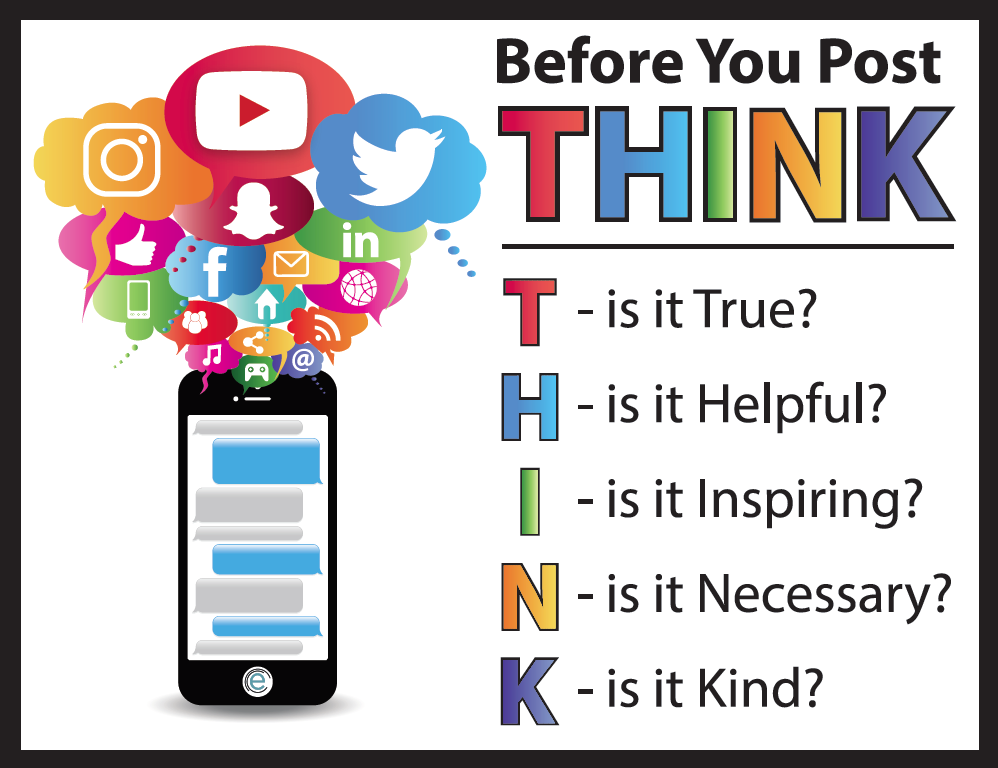The internet will be with us and our children for the long haul and keeping kids safe online should be one of our first goals as mums.
It’s important to understand the basics because regulating (or banning!) internet time isn’t always an option for some families. Once our kids have started to dip their toes into the murky waters of the internet, it’s essential to start chatting with them about it.
Your kids can communicate with the online world in many different ways, including a few you probably aren’t even aware of. Through chatting facilities on games like Roblox and Fortnite, to social networking sites like Facebook and Snapchat, and video-sharing platforms like TikTok – there’s always a new way your kids can connect with people online.
While you should be concerned about your children’s activities online, it’s an exciting and educational world which you can’t shut them out of entirely. Kids will need to learn how to safely and respectfully communicate online as part of their development – and this starts at home.
Communication is Crucial
Talk openly with your kids about what they are reading and watching online. It’s crucial to know who they are talking to online and through messaging and chatting features of games and social networking sites.
Make conversations as constant and consistent as possible. Trust is an important foundation in our kids’ online safety and so we need to make sure to keep them secure without overstepping their privacy. It helps to have an open discussion about your concerns, and then set some guidelines about internet use together.

Place Screens and Devices in Common Areas
Placing computers and other gadgets where you can see them is a simple way of monitoring what your kids are doing and seeing online. If you have a family computer, keep it in a common area in the house where you can keep an eye on your children. As much as possible, do not allow your kids to have a computer or their screens in their room.
Setting the Limits Together
Apart from putting screens within visible range, it’s important to set family rules about screens, gadgets or your home Wi-Fi. Create guidelines as a family and agree to them together.
This might include setting times on using devices, restricting the use of certain apps or games until kids reach a suitable age, and requiring that your children get your permission before downloading any new games. It may also include restricting or monitoring the use of social networking sites and group chats with friends, and setting rules around being smart, as well as kind, online.
If you need to, as a parent you can check browsing histories or set your Wi-Fi passcodes to ‘forget’ so that your children can only go online with your consent.
Openly and regularly communicating about the regulations with your children is crucial and helping them understand the rationale behind the rules is something all parents must work on.
Discussing Dangers
It’s essential to discuss with your children how to be responsible digital citizens as well as the dangers of the web to keep kids safe online.
It’s a good idea to talk to your children openly about the dangers that lurk in the online world as well as how to effectively avoid these. One of the dangers that kids need to be wary of is ‘overly-friendly’ people in messaging or chat apps that may turn out to be predators.
Similar to stranger-danger in real life, we should remind our kids to not talk to strangers online no matter how friendly they seem to be. There should also be a strict rule around privacy, including not disclosing their surname, school or address to anyone online.
Advise your children to only befriend people who they already know in real life, and keep everything else at an anonymous level. Talk to them about only uploading or download photos or videos with your consent.

Keep up with the Tech
Even if we aren’t as tech-savvy as our kids, we have to at least try to keep up with them.
It might be time to get in a little homework, and learn more about changing technology, apps and also the security and monitoring systems you can use to keep an eye on your kids. This could include:
- Learning how browsers work and checking internet histories, how to turn on Safe Search
- Setting time limits on screens, checking browsing time and length of time spent on a device
- Pausing or restricting Wi-Fi access
- Restricting privacy settings on social media platforms like Snapchat
- Learning more about parental controls through your internet and phone providers
- Learning about a fake snapchat location
Just remember that any monitoring or restricting you do needs to go hand in hand with constant communication with your children as to why these steps matter.
Teach children to THINK before they write anything online
Talk to your child about how anything posted online, even if they delete it immediately, still may have been seen and shared – it is out there and can’t be completely taken back.
They should think carefully before they post anything online including details, photos or opinions. If they are upset or angry, they should definitely not post.
This is a wonderful lesson about thinking carefully before posting anything:
T – is it true?
H – it is helpful?
I – is it inspiring?
N – is it necessary?
K – is it kind?

Watch out for signs of bullying
Openly communicating with your children includes keeping an eye on their behaviour for signs that anything may be wrong.
If your child seems more distant than usual, or starts to withdraw from friends or social activities, these may be signs of being cyberbullied or having encountered something disturbing online.
Children can be more secretive, anxious, or apprehensive when something is bothering them. Children may also begin turning off their gadgets, screens, or browsers when you’re nearby.
The best thing you can do is let your child know you’re there to talk to whenever they may need it. Regularly ask about what they’re doing online and actively listen to them speak – this is very difficult especially if you are getting their latest stories from Minecraft or something equally as compelling *eye roll.*
If we don’t actively listen to our children when they tell us about the little things, they may not learn to come to us about the big things. It is never too soon to start establishing this open relationship.
Everybody needs to take breaks from screens
You’ll notice that your children are calmer and more lovely when they have had a period away from their screens (as opposed to when you first ask them to get off, when they are likely to bite off your head…)
Breaks from screens for quiet periods playing, reading or spending time outside in the fresh and sunshine are essential for everybody’s health.
You can find tips on handling school bullying and more parenting advice on our blog, or ask our Facebook Community your questions for more specific advice.
